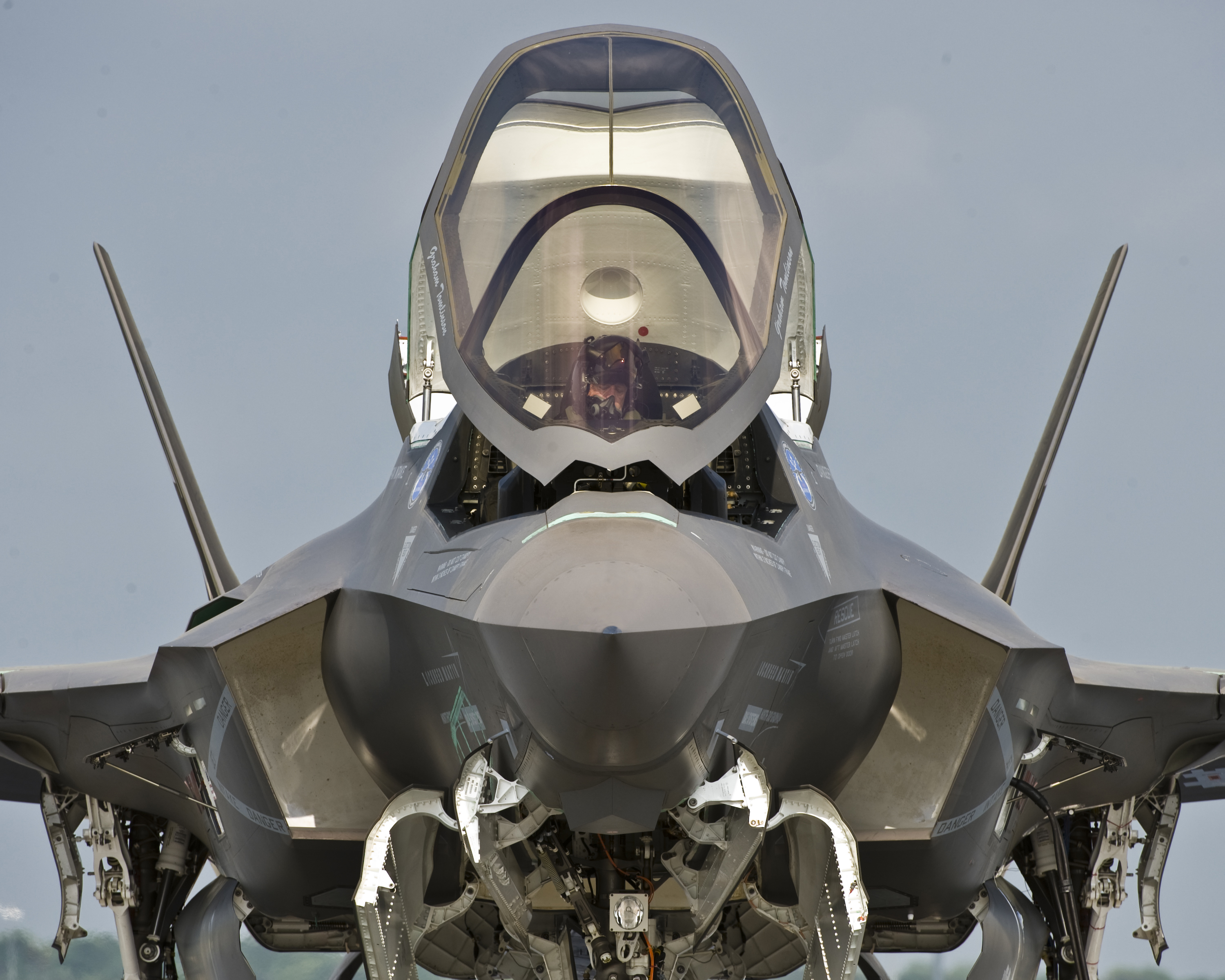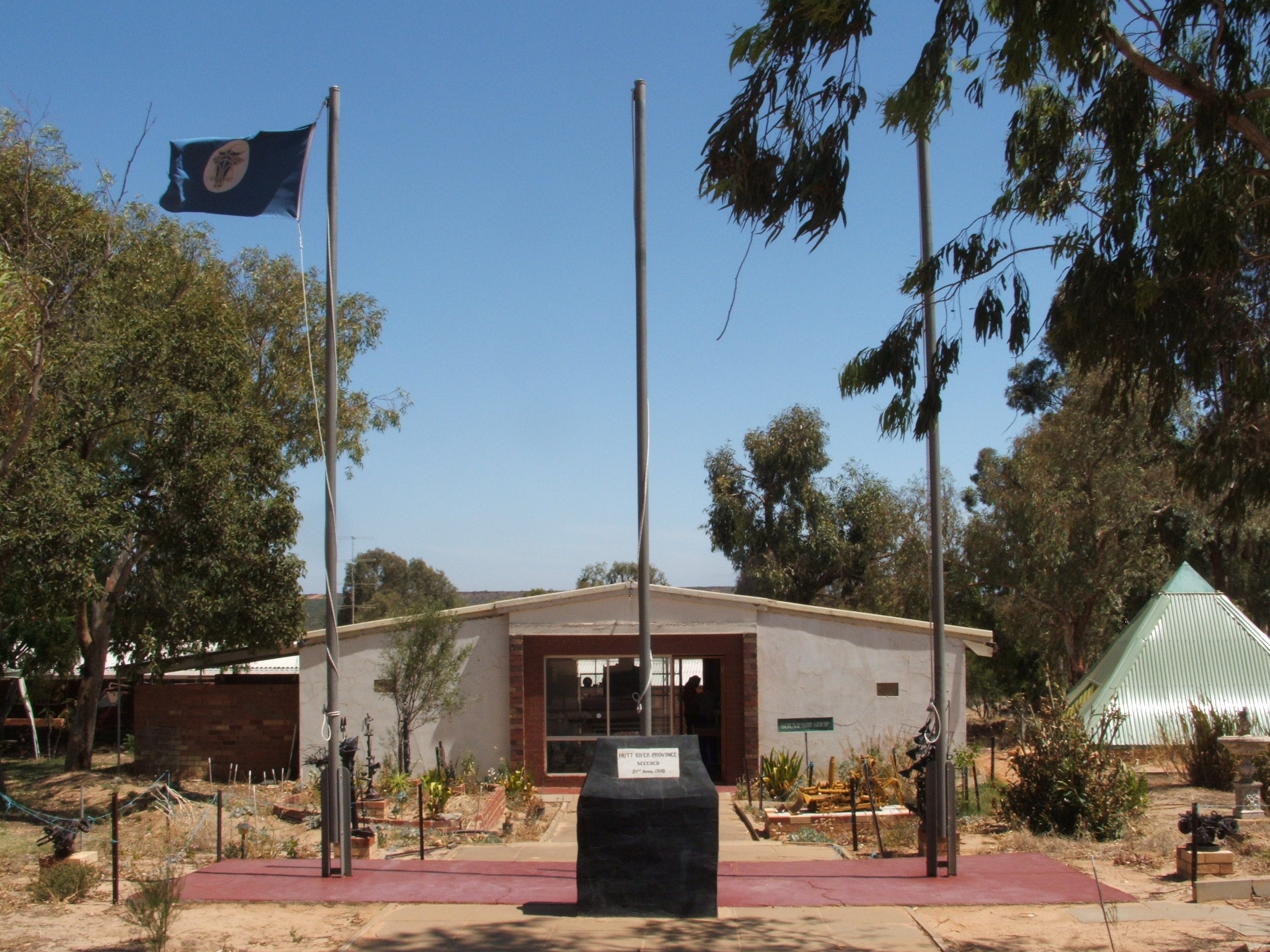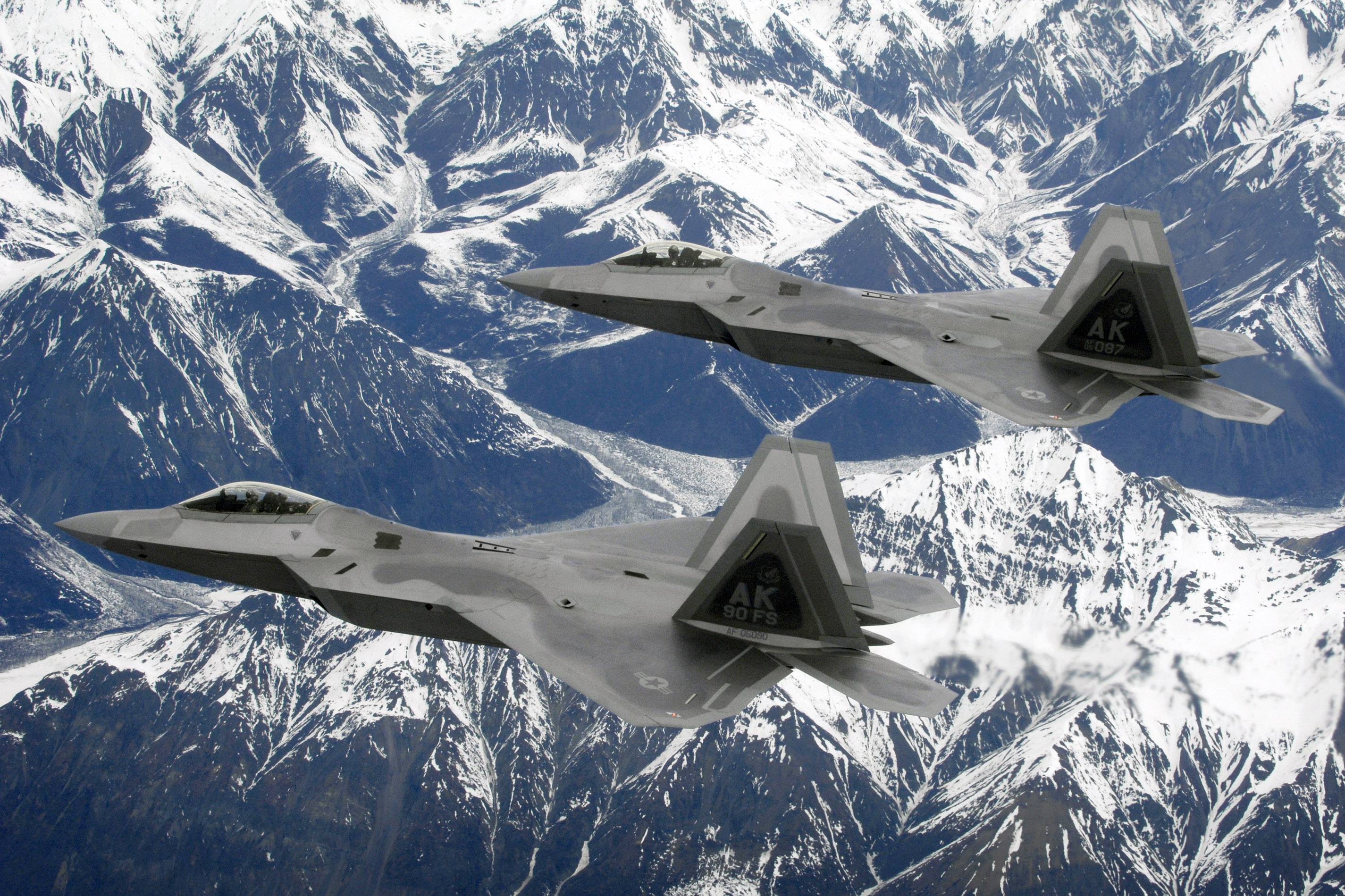While Canada’s procurement of the Lockheed Martin F-35 Joint Strike Fighter remains mired in controversy, it is unlikely that Canada will procure any alternative aircraft to replace its aging fleet of CF-18 Hornets. The official and intellectual discourse informs compelling arguments suggesting that Canada’s F-35 procurement remains uncertain. Most notable, the Auditor General of Canada’s scathing analysis highlighting the Canadian Department of National Defence’s mismanagement of the project catalyzed the derailment of the Conservative Government’s acquisition plan of the F-35 (although at the time of the report the Harper Government had not yet purchased any aircraft or signed a contract). Moreover, the aircraft has been criticized on technical grounds, specifically regarding substandard component quality and contractors’ selective adherence to aerospace industry quality assurance processes. In spite of seemingly innumerable challenges, Canada’s procurement of the F-35 is not as uncertain as its detractors are willing to admit. In all likelihood, Canada could see F-35s on Canadian Forces bases as early as 2017.
[captionpix align=”left” theme=”elegant” width=”300″ imgsrc=”http://natoassociation.ca/wp-content/uploads/2014/01/f35ii.jpg “]
The F-35 will sustain Canadian air force interoperability with allied states such as the United States and the United Kingdom, both invested partners in the program. Interoperability with the US has been a key feature of Canadian defence procurement policy for decades, enabling both militaries to integrate and operate more efficiently during deployments. It also allows both countries to utilize one another’s armaments, replacement parts, maintenance equipment, and in-service-support infrastructure when necessary. Given that Canada’s principal military allies are significantly invested in the F-35 program, with intentions to replace their F-18 Hornets and other aircraft with the F-35, purchasing the F-35 remains the most sensible option for Canada. This is especially true given that Canada will certainly deploy alongside these allies in future joint operations. Additional NATO countries including Italy, the Netherlands, Turkey, and Denmark are likewise invested in the development of the F-35. Therefore, this aircraft will not only bolster cohesion between Canada and the US specifically, but with other NATO states as well, further enhancing efficiency in deployment scenarios.
Abandoning its commitments to the program would also adversely impact Canada’s diplomatic and economic relations with partner states committed to the program, especially the US. Canada has actively contributed to the program since the 1990s, which has helped support research and development of the F-35. Canada’s divestment and resignation from the program would consequently stem the flow of financial and other non-monetary inputs crucial for project development. This would only serve to further delay the completion of the F-35 and would signal a reversal to traditional proactive engagement. In addition, withdrawing from the program, potentially canceling orders, and reducing production volume would inflate the unit cost of the aircraft for purchasing states. This would impose significantly heightened cost burdens to Canada’s military allies intending to procure the F-35 as their frontline fighter aircraft.
For Canada, continued commitment to the F-35 program is doubly sensible from an economic perspective. Canada has been a participant in the F-35 program since 1997 and has already contributed significant financial investments to support the research and development of the F-35. Apart from the initial financial outlay, the Government of Canada is still obligated to spend several hundred million dollars in development costs as per contractual agreements with the prime contractor, even if Canada ultimately decides to forego purchasing any aircraft. Therefore, canceling the procurement of the F-35 and shifting towards a competitive bidding process to identify an alternative commercial off-the-shelf aircraft would constitute a tremendous waste of financial investment in the program.
Access to economic and industrial opportunities for Canadian companies heavily motivated Canada’s initial decision to participate in the program and is still a principal driving force behind Canada’s sustained contributions. As per the 2006 Memoranda of Understanding between the Government of Canada and Lockheed Martin, continued access to industrial opportunities for Canadian contractors is contingent upon the Government of Canada remaining a partner in the program and procuring the F-35. In consideration of the fact that at least thirty-two Canadian companies currently retain roughly $500 million USD in program-related contracts, the Government of Canada’s withdrawal from the F-35 program could translate to a loss of those contracts and the corresponding economic value. Moreover, Canada’s withdrawal certainly would bar Canadian companies from accessing future F-35 contracts, as they would only be awarded to companies that are located in the countries committed to purchasing the aircraft. Opting out of the F-35 global supply chain would severely undermine the Canadian aerospace and defence industry. Rather, committing to the program, as will likely be the case, would allow Canadian industry to profit from decades worth of lucrative defence contracts whose projected value amounts to roughly $9 billion USD.
The Government’s postponement and revision of the F-35 acquisition plan does not necessarily imply that the Government will reopen the F-18 replacement contract to bidding, in fact that is highly unlikely. Detractors often fail to recognize the long-term benefits of participating in the F-35 program, overemphasizing the immediate challenges of the procurement process. The costs to Canada of rescinding at this point far outweigh the benefits and the Government of Canada will in time likely announce its intention to purchase the F-35 after the proper revisions to the acquisition plan have been made.



